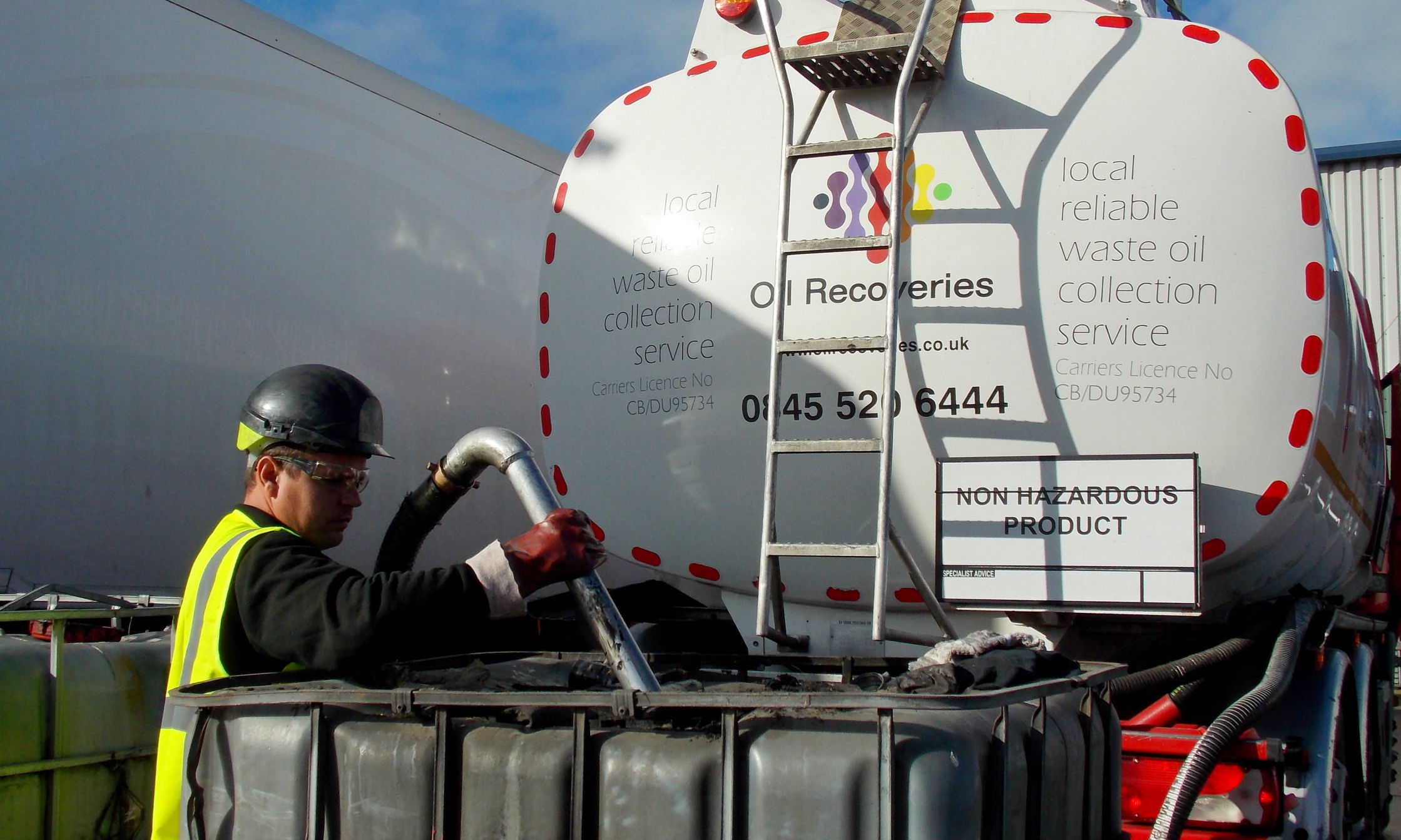
Protecting the Environment and Public Health

Our oil collection service has been proven to significantly reduce carbon footprint, and we are excited to report on the carbon savings that our customers have achieved. By utilizing our service, you can rest assured that you are making a positive impact on the environment, and we are happy to provide you with a detailed breakdown of your carbon savings. Trust us to help you reduce your carbon footprint and make a difference in the fight against climate change.
Follow Us on Instagram